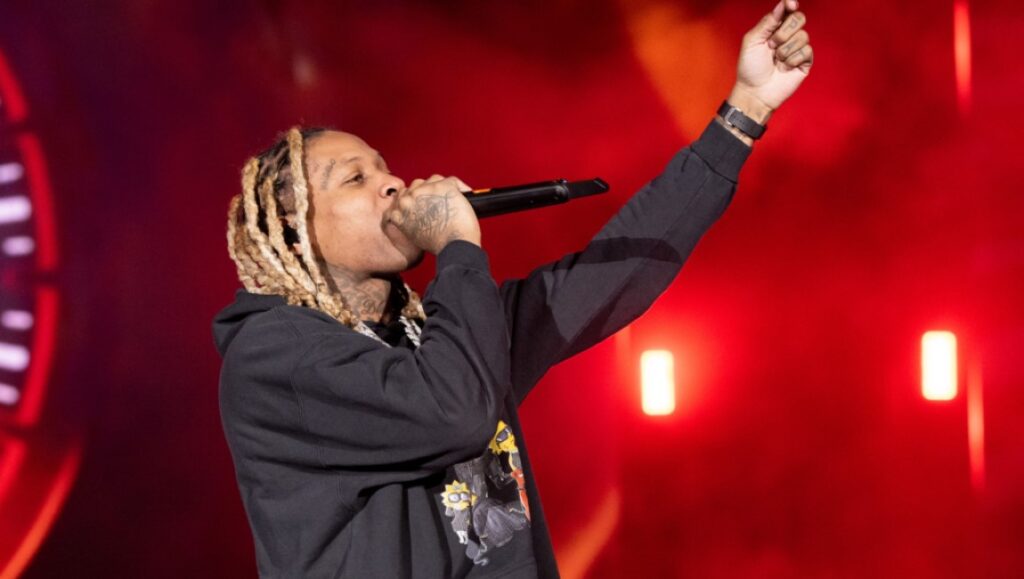7220 skews quite commercial, but a persistent emotional core and littered lyrical Durk-isms make for an appealing record even in this imperfect form.
To say that Lil Durk had a big 2021 would be something of an understatement. In actuality, the year was a pretty momentous one for the Chicago rapper, where his consistent work ethic would finally pay off with a slew of high-profile guest spots (if you don’t shed a tear after his verse on “Jonah,” you simply have no soul) and his first number one album, albeit a collaborative one with an MC who’s slightly hotter than he is at the moment. 7220, then, is Durk’s first big solo moment since his career resurgence, and he’s doing everything in his power to capitalize on it; the album is so absurdly mainstream that there’s a (completely forced) Morgan Wallen collaboration to help get the point across. There are also a few viral instances sprinkled across for added pertinence — “What Happened to Virgil,” which should be a solemn moment of reflection, is turned into a quick joke with the ridiculous way Durk delivers the bridge; Future somehow continues to be the king of online toxicity with lines like “I knew she was a freak, she grew up in a church/These hoes poppin’ Plan B’s like they Percs” — and tracks that continue to instigate real-life drama (“AHHH HA” is reckless, but undeniably exciting; same goes for “Pissed Me Off” and the newly added “Computer Murderers”), all in service of boosting a profile that’s already ascended past household name status. You gotta hand it to Durkio: when he sees a golden opportunity, he doesn’t let it pass him by; he even christens himself the “Golden Child” on a track with the same namesake.
However, if one is willing to listen in good faith — and ultimately takes with a major grain of salt that this is a major label product with a lotta gooey, flabby sections aiming for some crossover appeal — they’ll be able to recognize that Durk’s an extremely talented melodic performer and an equally accomplished writer, even while he’s indulging some more carnal desires and behaviors throughout (“Blocklist” has him begging his ex not to block him after divulging his body count, because, deep down inside, he still loves her… ok?). After all, it’s easy to be distracted by entire songs centered around his status and material possessions when the purest instances of Durk’s humanity are always so fleeting: “I still cry to my mama like a lil’ baby, but I’m a big dog,” he admits on “Headtaps,” with zero shame. On “No Interviews,” he proudly co-signs Pooh Shiesty and honors the fallen Juice Wrld; a few bars later, he’s gassing up Kodak Black’s “Super Gremlin.” “Smoking & Thinking” sees Durk both (supposedly) smoking and (definitely) thinking: about his children, his life, those who’ve betrayed him. While 7220 operates as a grand package of everything that encompasses its central artist’s strengths, the particulars in Durk’s songs are oftentimes more compelling than the grand whole, which renders the spectacle something of an empty gesture. But again, if one can look past the blatant theatrics, there’s still a tangible emotionalism at the core of Durk’s music, a quality that makes it worthwhile even in this imperfect form.
Published as part of Album Roundup — March 2022 | Part 2.


Comments are closed.